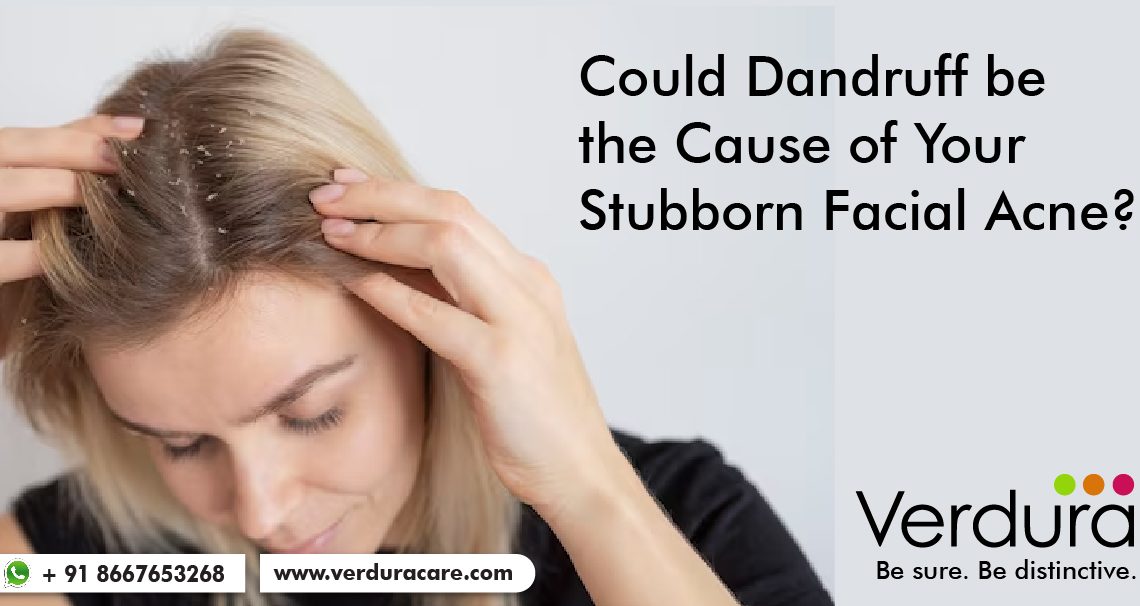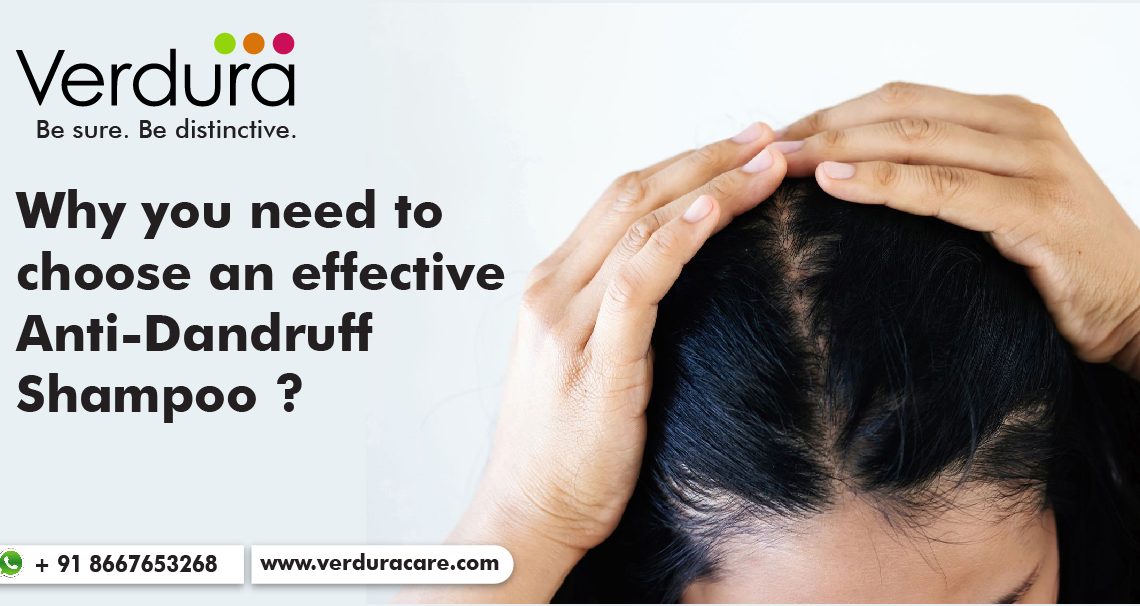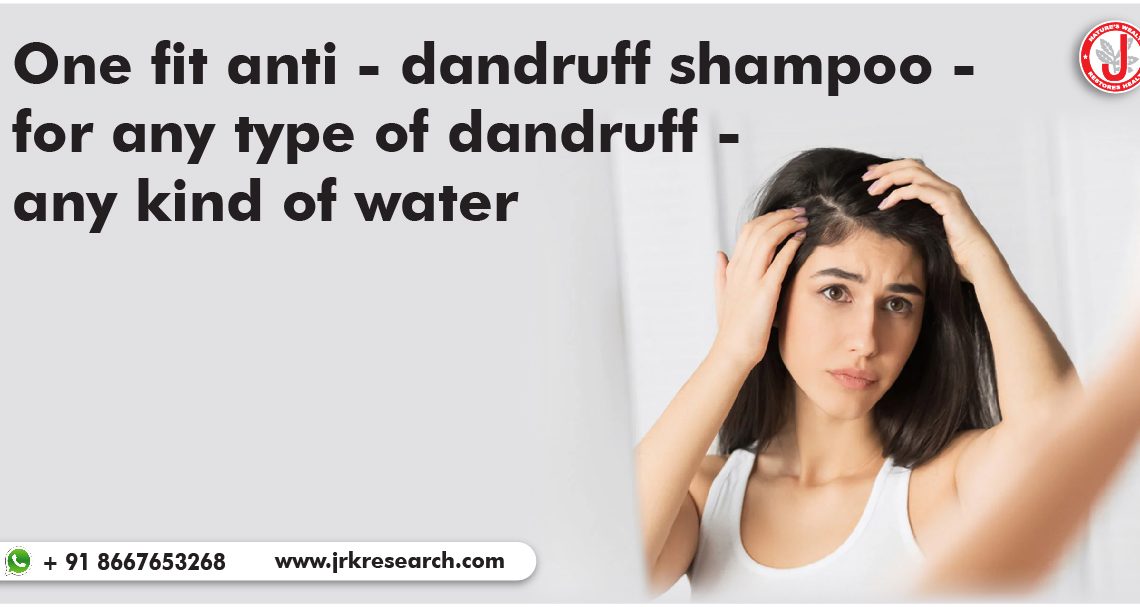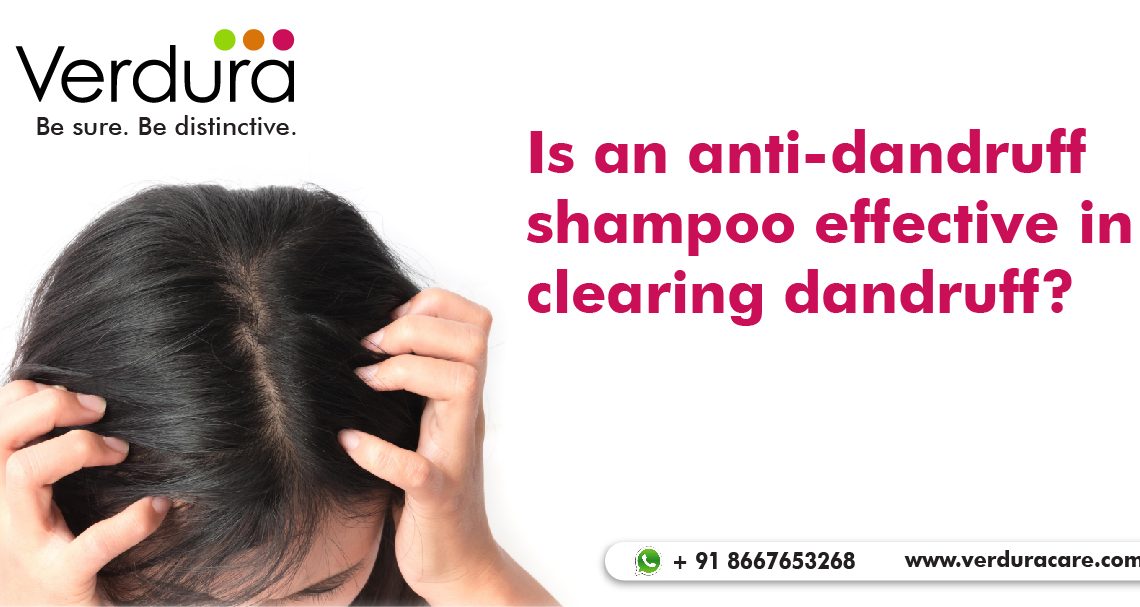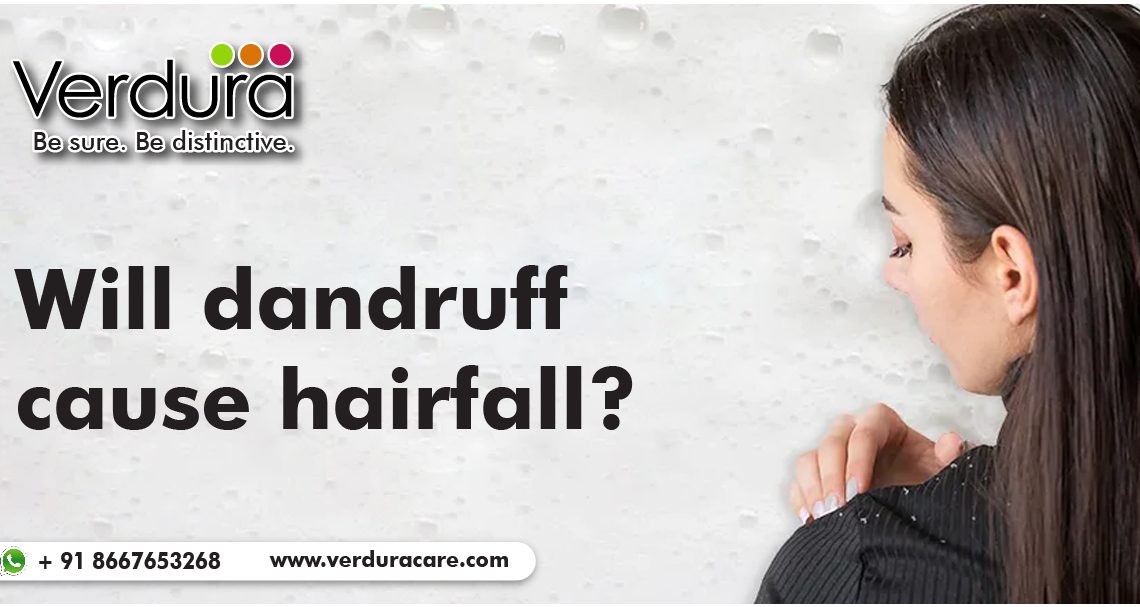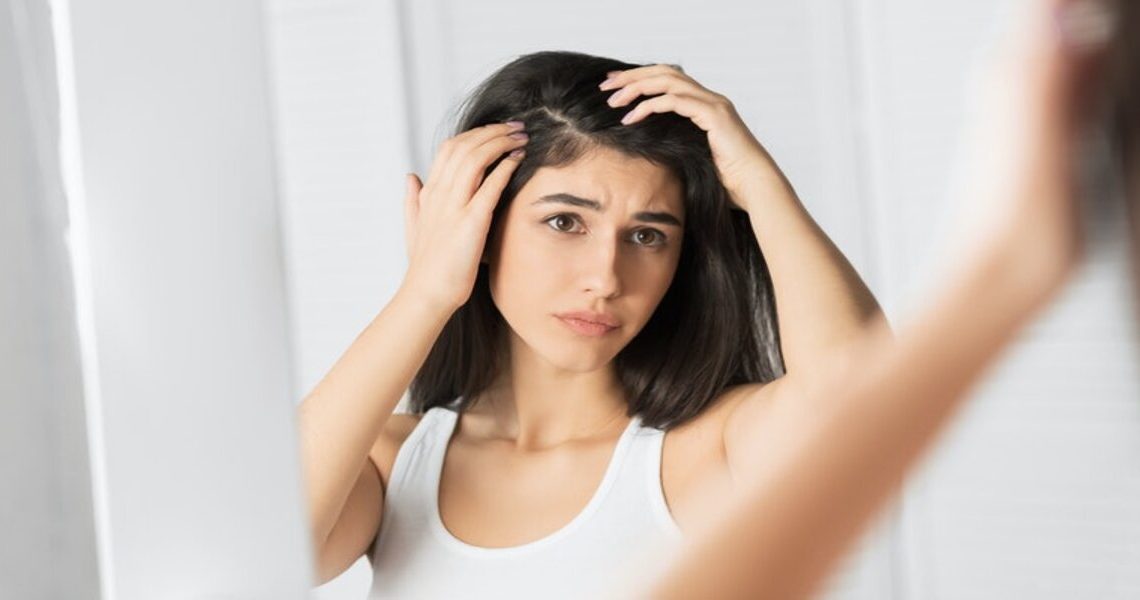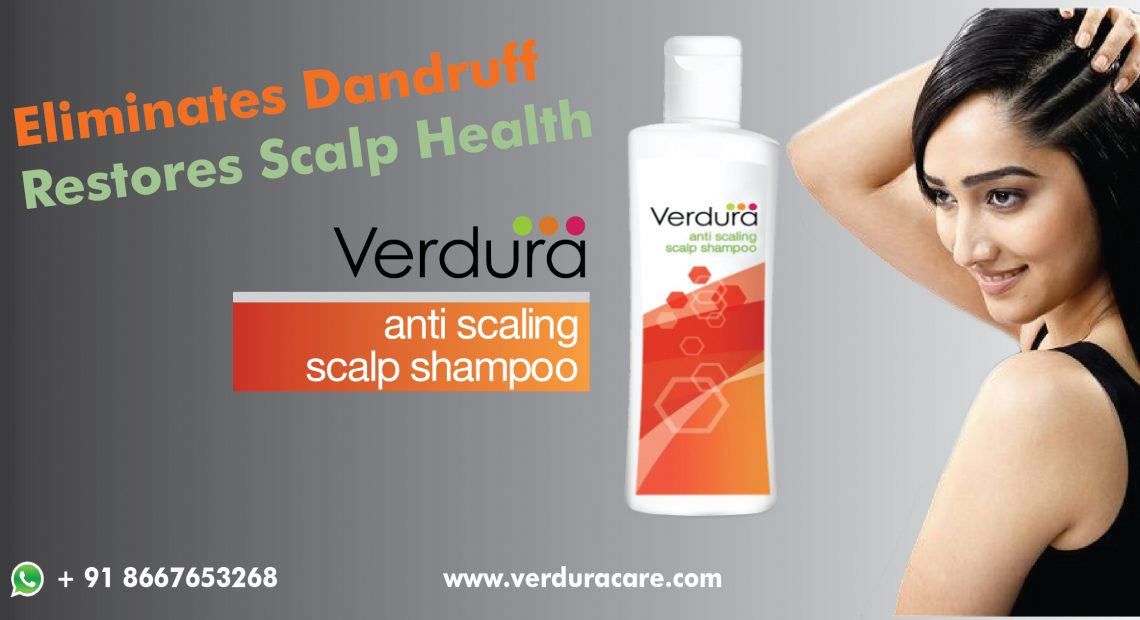If you’re dealing with persistent acne on your face, you’ve likely explored various causes and treatments. But have you considered the role of dandruff in this equation? Surprisingly, dandruff can be an overlooked but significant contributor to facial acne. In this blog, we’ll delve into the connection between dandruff and acne, explaining how dandruff can trigger breakouts and offering effective strategies to manage this issue.
Understanding Dandruff
Dandruff is a common scalp condition characterized by the shedding of white, flaky skin. It’s often accompanied by itchiness and can be caused by a variety of factors, including dry skin, fungal infections, or even certain skin conditions like psoriasis. While dandruff itself primarily affects the scalp, its impact can extend beyond, especially to your face.
The Link Between Dandruff and Facial Acne
You might wonder how dandruff on your scalp could possibly lead to acne on your face. The answer lies in the common culprit: Malassezia, a type of yeast-like fungus. This fungus is found naturally on the skin, including the scalp. However, in individuals with dandruff, Malassezia can proliferate, causing inflammation and irritation.
Here’s how it connects to facial acne:
- Transfer of Malassezia: When you scratch your itchy scalp due to dandruff, you can inadvertently transfer Malassezia to your face through your hands and fingers.
- Skin Irritation: Malassezia can irritate the skin on your face, particularly if you have sensitive or acne-prone skin.
- Acne Formation: Skin irritation and inflammation can trigger acne breakouts, especially if you’re already prone to acne.
Managing Dandruff-Induced Facial Acne
Now that we understand the link between dandruff and facial acne, let’s explore strategies to manage and prevent this issue:
1. Use Anti-Dandruff Shampoo: Incorporate an anti-dandruff shampoo into your hair care routine. Look for ingredients like pyrithione zinc, ketoconazole, or salicylic acid, which can help control Malassezia overgrowth.
Verdura Anti – Scaling scalp shampoo Effective and quick solution for dandruff and scalp scales
A powerful combination of herbs and dual anti dandruff actives – Climbazole and Zinc pyrithione that makes it quick in its action against fungal species and prevents recurrence of dandruff. Effective in removing the scalp scales.
Uniqueness of this shampoo is, it has both anti-dandruff + conditioning effect which gives a clear scalp and smooth hair
2.Gentle Facial Cleansing: Use a mild, non-comedogenic facial cleanser to wash your face twice daily. Avoid harsh scrubs that can exacerbate acne.
And here comes our very own Verdura anti acne pack formulated with the acne fighters Tulsi and Aloe vera along with calamine and bentonite which Targets microbes that cause acne and reduces infection. Removes comedones (Black heads and white heads). Reduces sebum and post pimple marks Removes skin clogging and occlusion
3. Avoid Touching Your Face: Resist the urge to touch your face, especially if you’ve been scratching your scalp. Keep your hands clean and away from your face to prevent the transfer of Malassezia.
4. Clean Bedding and Hair Accessories: Regularly wash your pillowcases, sheets, and hair accessories like headbands and hats to prevent the accumulation of Malassezia on these surfaces.
5.Manage Stress: High stress levels can exacerbate both dandruff and acne. Practice stress-reduction techniques like meditation or yoga.
6.Consult a Dermatologist: If your dandruff-induced facial acne persists despite home remedies, consult a dermatologist. They can provide personalized advice and may recommend topical treatments or prescription medications.
Don’t underestimate the potential link between dandruff and stubborn facial acne. Understanding how dandruff can contribute to skin issues on your face is the first step toward effective management. By adopting a comprehensive approach that includes proper hair care, facial cleansing, and stress management, you can minimize the impact of dandruff on your skin and achieve a clearer, healthier complexion. Remember that consistency and patience are key when tackling this issue, and if needed, seek professional guidance from a dermatologist to address persistent concerns.
